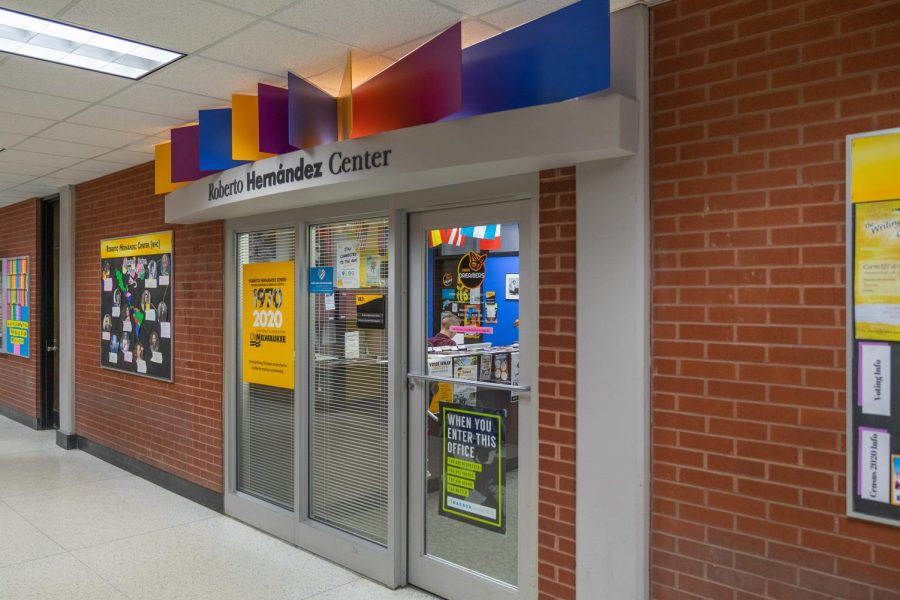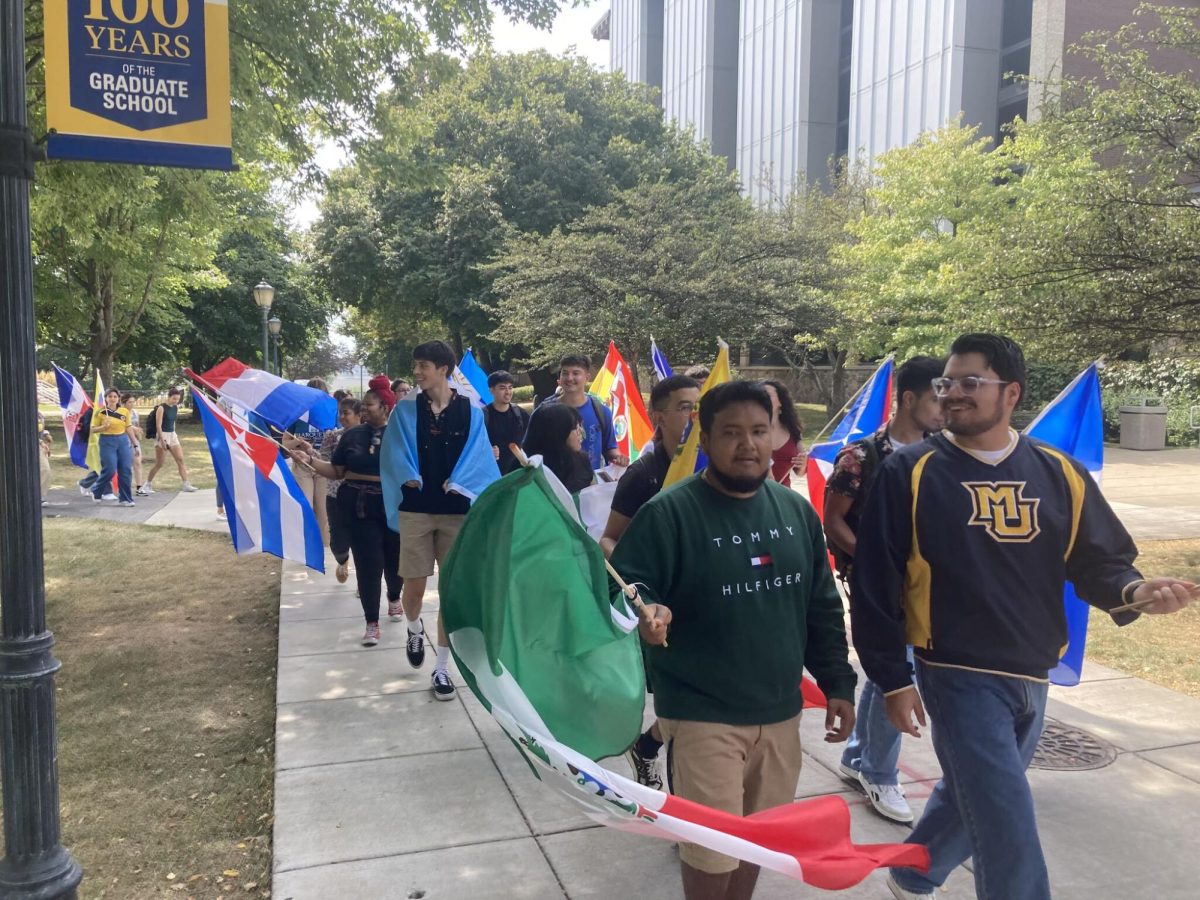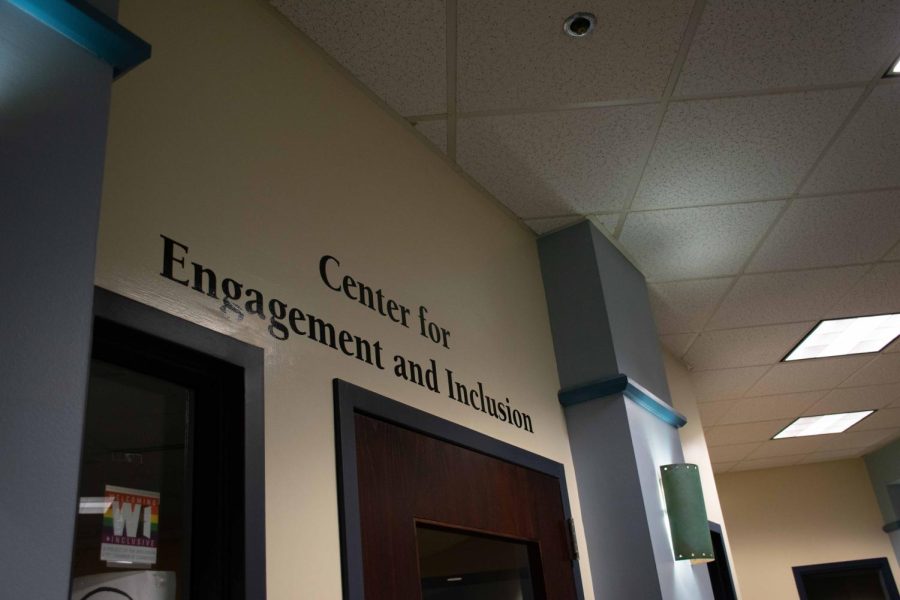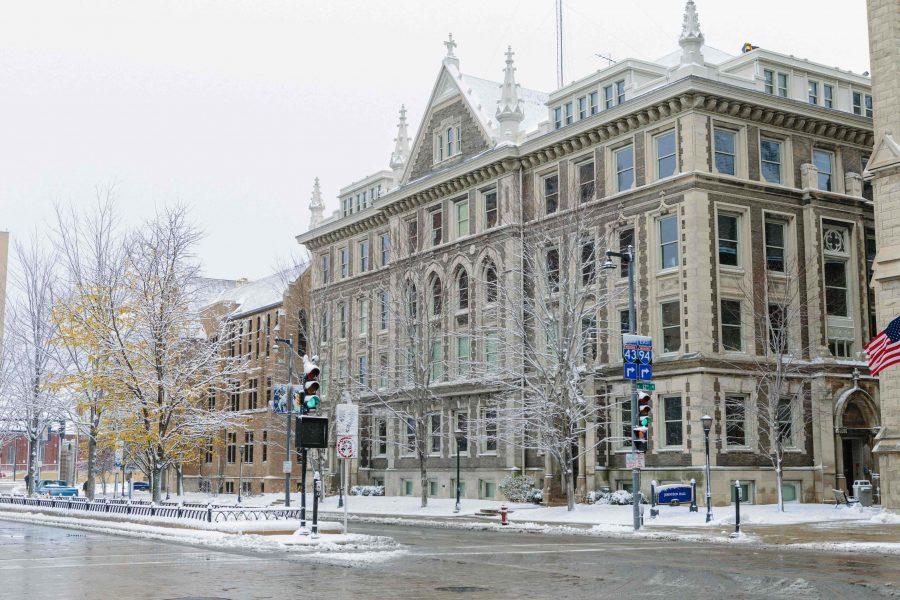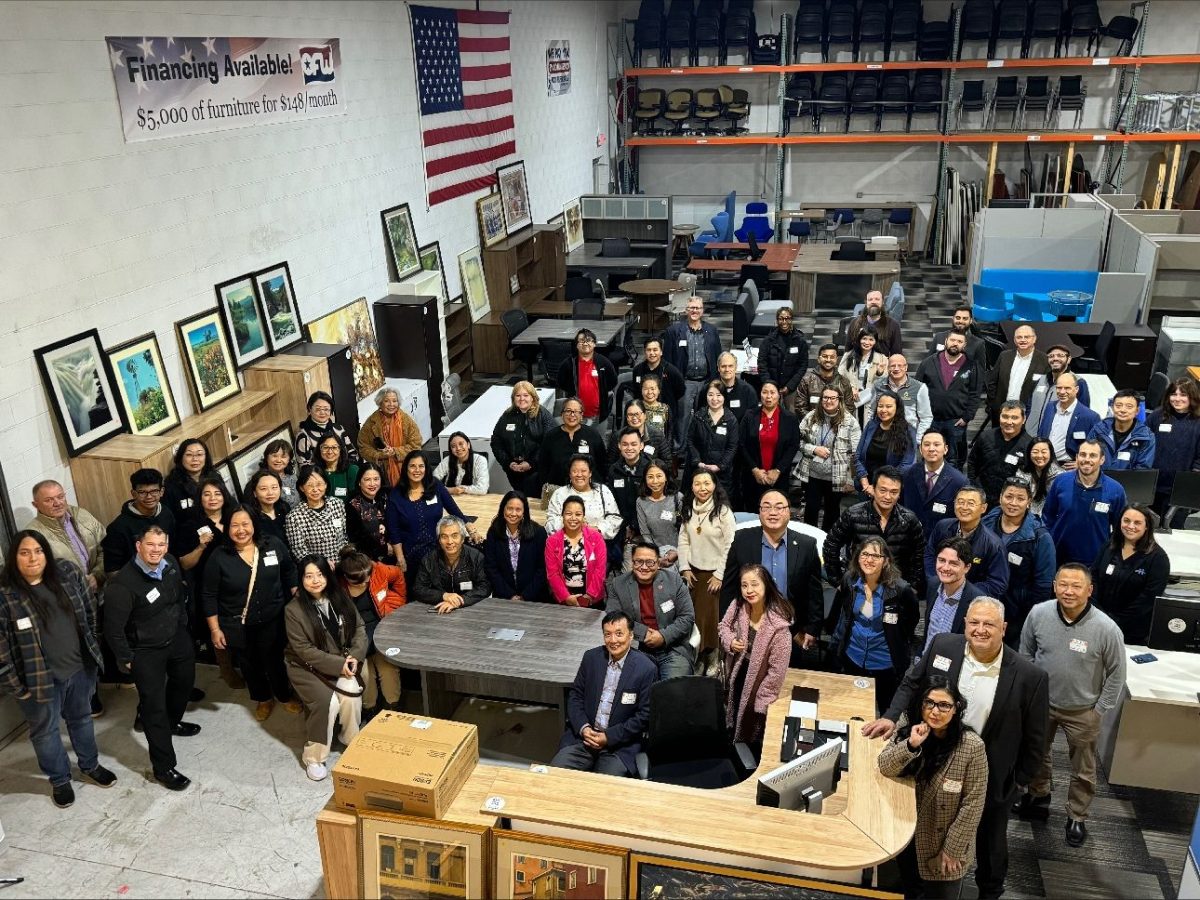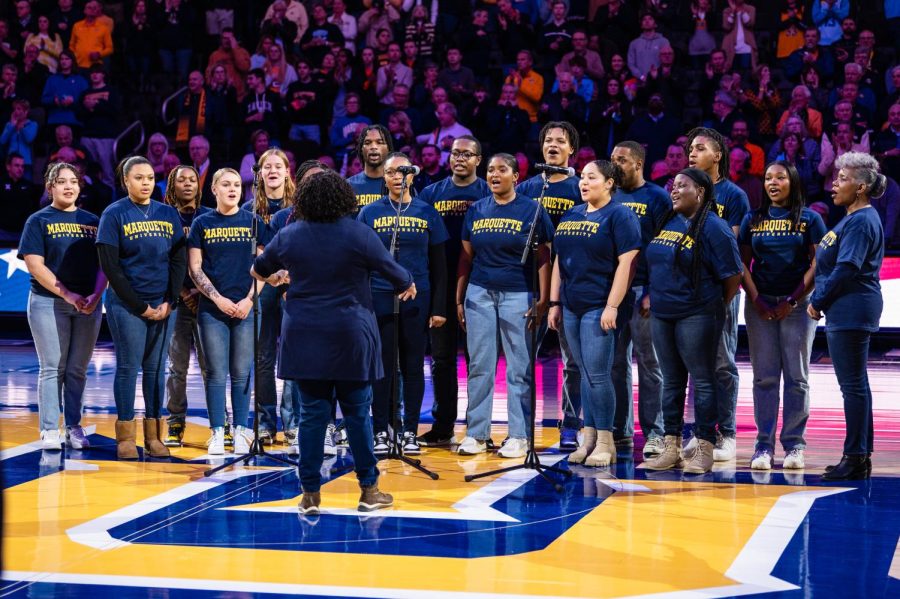As I sit down in my cream-colored lecture seat, I look around and see nobody who looks like me. As I migrate from class to class, nobody who is teaching me looks like me.
I see nobody who looks like me in positions of power. As a Mexican American who attends Marquette University, this is my reality — a struggle to visualize success because of the scarcity of people who look like me having it.
Last Friday, five universities from Milwaukee — including Marquette — and one from Kenosha met at a summit with the goal of becoming Hispanic-Serving Institutions. A university becomes an HSI when it meets the main requirement of having a student population that is made up of at least 25% Hispanic students.
According to the Office of Institutional Research and Analysis, as of fall 2019, Marquette’s undergraduate Hispanic population was 14.1%.
Last week, I visited some other institutions in Milwaukee, including Alverno College, University of Wisconsin-Milwaukee and Milwaukee Area Technical College, to see what they were doing to provide resources to Hispanic students. The school that stood out most to me was UWM. If you venture into Bolton Hall, you can find the Roberto Hernández Center, which is celebrating 50 years of service to the Hispanic population. I was particularly impressed by Alberto Maldonado, the director of the center. Maldonado expressed to me that while making UWM an HSI is important, he is more concerned with constructing an environment on campus that is equipped to help Hispanic students succeed.
“We don’t want to be in a position where we are admitting a lot of Hispanic students but not graduating them,” Maldonado said. “I would rather admit a lower percentage of Hispanic students if it means that we can graduate a higher percentage of them. We are here to help students succeed.”
As a Mexican American student, it is hard for me to say I feel Marquette has established a diverse and welcoming environment for students of color, particularly Hispanic students. Also, the fact that Marquette lacks a Hispanic outreach center, similar to the one UWM has had for 50 years, makes me feel the university is multiple decades behind where it should be in its pursuit to serve Hispanic students. As for Marquette’s Center for Diversity and Inclusion, I believe that the staff does great work there, but I don’t think they are being provided the proper resources to do the best work they could.
I wrote a story in January concerning resources for Deferred Action for Childhood Arrivals program students and received an almost unanimous response from various members of the student body and staff that they felt Marquette’s support of DACA students is disingenuous and hollow. Johnny Irias, a junior in the College of Arts & Sciences, is a DACA program student who expressed to me that he feels the university has not provided adequate resources for DACA program students.
I want to emphasize that I am not discontented with the hard and amazing work that current staff members in various departments are doing, such as associate director for Hispanic Initiatives Jacki Black, counselor and diversity coordinator at the Counseling Center Marla Guerrero and assistant professor of Latinx Studies Sergio Gonzalez.
Rather, my suspicions lie within the intentions of the administration and the reliability of its willingness to support Hispanic students once they arrive on campus. If you ask me, the lack of a Spanish-speaking resource center, a diverse staff, a diverse student body and even an area on campus where students feel comfortable embracing their culture signals a lack of commitment of Marquette to help Hispanics succeed.
Rather than trying to become an HSI for the sake of being able to put it on a pamphlet or website, I challenge the Marquette administration to invest in the idea of actually serving Hispanic students.
Investing means listening to the needs expressed by Hispanic students and staff as well as funding valuable resources, such as a Spanish-speaking outreach center. The university cannot solely focus on reaching the 25% threshold that it takes to be considered an HSI.
The university must create an atmosphere on campus conducive to Hispanic students feeling like they can succeed. Until these changes are implemented, I doubt the sincerity of Marquette’s attempt to become an HSI, and I do not think I am the only one who has this sentiment.
This story was written by Beck Andrew Salgado. He can be reached at beck.salgado@marquette.edu.

